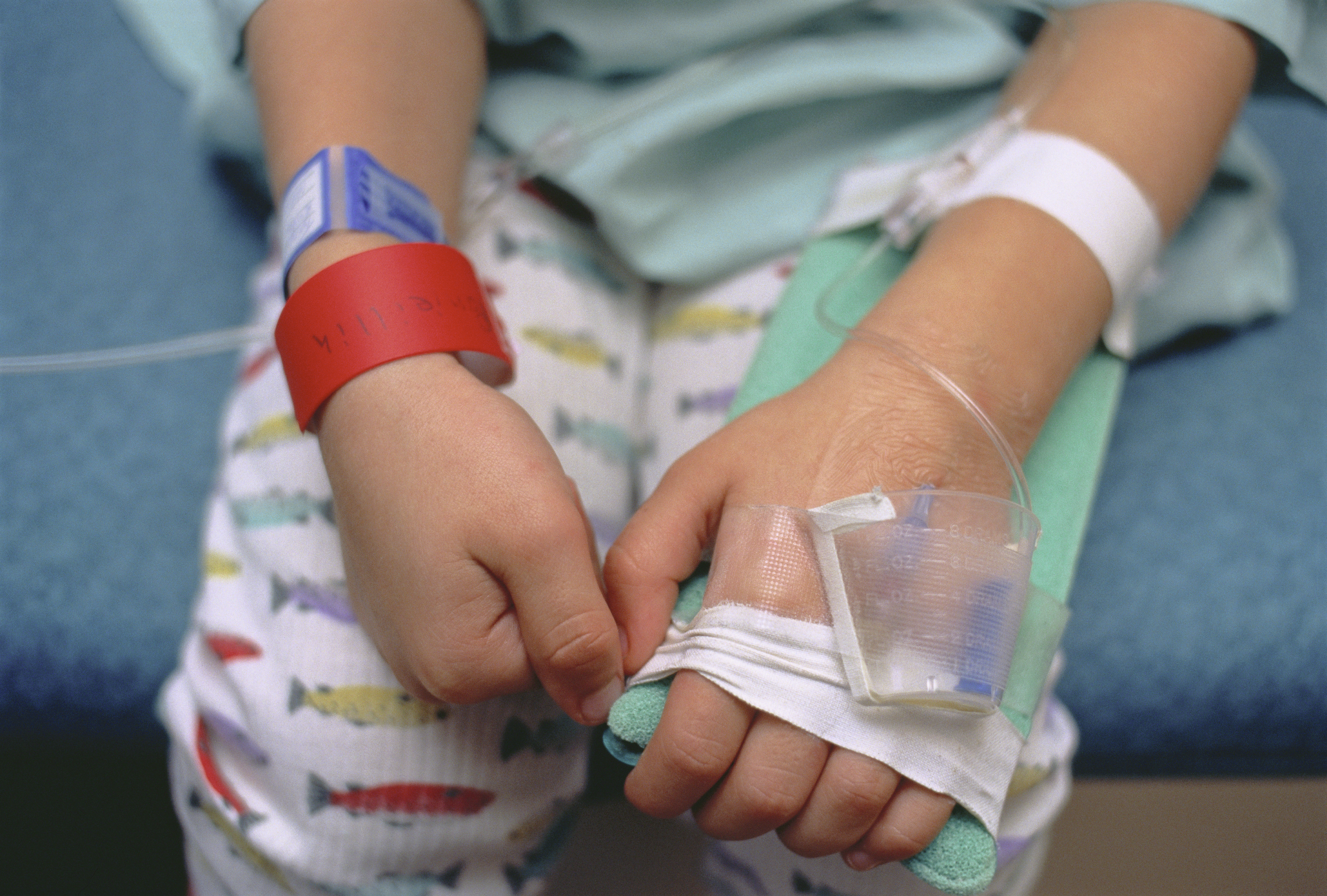Days after the Centers for Disease Control and Prevention issued a health advisory about severe cases of hepatitis in children, more instances have been reported, leading to heightened concerns for families.
Nine cases were previously reported in Alabama, with the affected children between 1 and 6 years old. Two additional cases occurred in North Carolina, according to health officials.
Then, on Monday, the Illinois Department of Public Health announced three suspected cases in children under 10 years old. The outbreak isn't limited to the U.S. as at least 169 cases, including one death, have been reported across 12 countries.
While it isn’t clear what’s causing the illnesses, a leading suspect is adenovirus, which was detected in 75% of the confirmed cases tested in the U.K., according to the country's health agency. The nine children who contracted hepatitis in Alabama also tested positive for adenovirus, according to Dr. Esther Israel, associate unit chief of pediatric gastroenterology and nutrition at Mass General Hospital for Children.
Feeling out of the loop? We'll catch you up on the Chicago news you need to know. Sign up for the weekly Chicago Catch-Up newsletter here.
As cases climb and uneasiness grows, what symptoms of hepatitis and adenovirus should you watch for, and is there a way to tell the difference between the two?
Adenoviruses and hepatitis share symptoms, but hepatitis is far more concerning with unique symptoms to be aware of, according to Dr. David Hill, a Wayne County, North Carolina-based pediatrician and the official spokesperson of the American Academy of Pediatrics.
“Adenoviruses typically run their course without needing medical intervention,” he said. Hepatis, on the other hand, “sometimes leads to hospitalization and may even require a liver transplant.”
The symptoms of hepatitis include fever, fatigue, loss of appetite, nausea, vomiting, abdominal pain, dark urine, light-colored stools, joint pain and jaundice.
Adenoviruses can cause a wide range of illnesses and symptoms, and are spread person-to-person. Most commonly those infected with the virus experience respiratory illness, but gastroenteritis, conjunctivitis (pink eye) and bladder infections can also occur.
Diarrhea and nausea are reported in patients with both hepatitis and adenoviruses, but doctors say there are ways to differentiate between the two.
They say parents should keep an eye on sick children and look out for severe abdominal pain, fever, dark-colored urine or light-colored stools. The most telling symptom to be aware of is jaundice, or a yellow coloring in the skin or in whites of the eyes, said Dr. Nipunie Rajapakse, a pediatric infectious disease specialist at Mayo Clinic Children’s Center.




